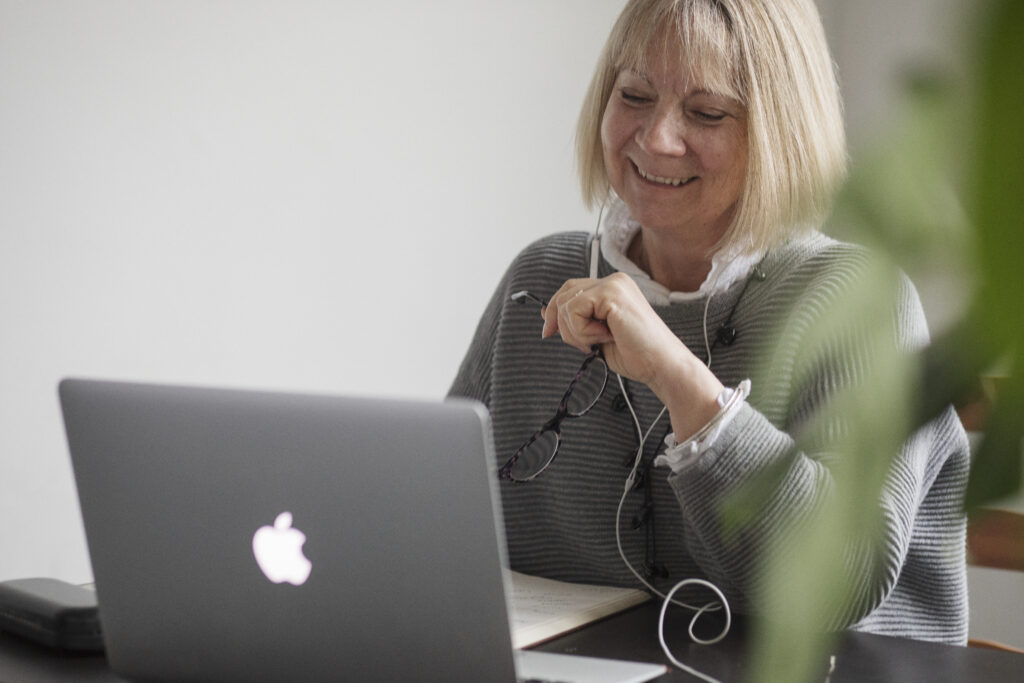Did you miss that too?
Did you miss that too?

Do you thrive on silence? Then get the 05.55 Virgin East Coast train from Newcastle to London one weekday morning.
It’s there. Silence. Broken only by the odd announcement, offers of tea and something they call coffee but I don’t think is, Oh and the sound of 21st Century working. That is, tap tap, whoosh, ping and one-sided conversations muttered into mobile phones.
What you also get on the 05.55 is sunrise over the Vale of York. A ten minute power show of such luminous beauty it will take your breath away.
Well, if you watch it.
It starts with streaks and trails of pink scissoring through the grey, building to ripples then swathes of red and almost purple as the sun rolls up. By the time its balancing full circle on the horizon, then pushing up into the sky, you can’t help but feel amazed to be alive.
Except hardly anyone watches. Instead the urgency of tap tap, whoosh, ping and those phones take priority and most people stay head down, getting on with business.
That was my experience last Wednesday anyhow. I was bouncing in my seat, desperate to stand up and shout “Everyone, quick, LOOK OUT OF THE WINDOW!!” But I didn’t. I wasn’t brave enough. Instead I nudged the poor sap sitting next to me and whispered “look” as I pointed a wavering finger….crazy lady on the train stylie.
I spent the rest of the journey beating myself up. For not being brave enough, and for thinking I had the right to invade others’ privacy.
On reflection its become more about how we’re letting the immediacy of technology, work, Twitter, urgent urgent, get in the way of real life. Talking to phones instead of the people next to us. Looking at Tablets instead of our surroundings. Absorbing information in bite-sized tweets instead of working through the range of arguments.
We’re missing out. So this is me, standing up and shouting, ” Everyone, quick, LOOK OUT OF THE WINDOW!!”…….please
Contact Us
To explore how leadership coaching can help you to slow down and get things in perspective
More Thinking


















